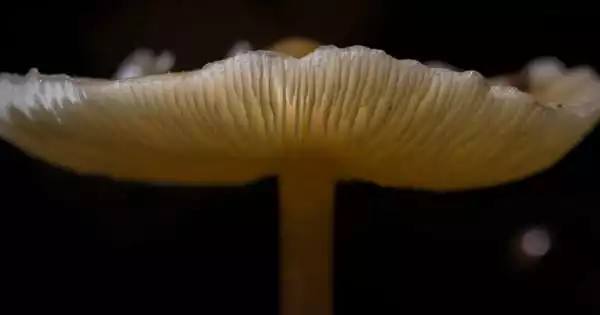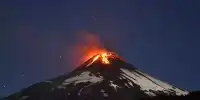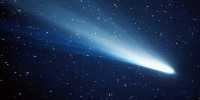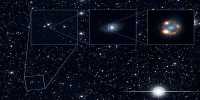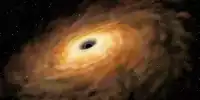During the health crisis, most of the people on Earth got a taste of what it’s like to be an astronaut in space. No, not because we’ve all had the opportunity to venture into “the last frontier,” but because we’ve all struggled with feelings of loneliness, isolation, and estrangement from a world we thought we knew.
Astronauts in space must deal with extended periods of limited social contact, which, as we all know, can lead to depression or even just a bad day. However, mycologist Paul Stamets told a Scientific American that astronauts who are lonely, traumatized, or sad should turn to psychedelic mushrooms for a pick-me-up.
When space agencies begin to send human crews deep into space to explore or terraform distant worlds in the future, we may need to send them off with extra goodies to keep morale up. When astronauts are feeling lonely, depressed, traumatized, or just plain bad, mycologist Paul Stamets suggested to Scientific American that psychedelic mushrooms could help. It’s an unusual idea, but as evidence mounts that psilocybin, the active ingredient in mushrooms, may have numerous mental health benefits, it may be an odd idea worth considering.
Mycologist Paul Stamets told a Scientific American that astronauts who are lonely, traumatized, or sad should turn to psychedelic mushrooms for a pick-me-up.
“Under carefully controlled conditions, our astronauts [being] able to take psilocybin in space and look at the universe and not feel distant and alone but feel like they’re part of this giant consciousness will give them a better psychological, emotional frame of mind to work with other astronauts and stay on mission,” Stamets told the magazine. “I believe that isolation, loneliness, and depression will be major issues for astronauts.”
To be clear, Stamets did not agree to an interview with SciAm solely to argue that astronauts should trip on shrooms while traveling the stars. He’s also getting NASA funding to look into all the other ways mushrooms could make life easier in space. These range from constructing structures and shelters out of fungus to terraforming entire new worlds using mushrooms’ ability to break down regolith into farmable soil.
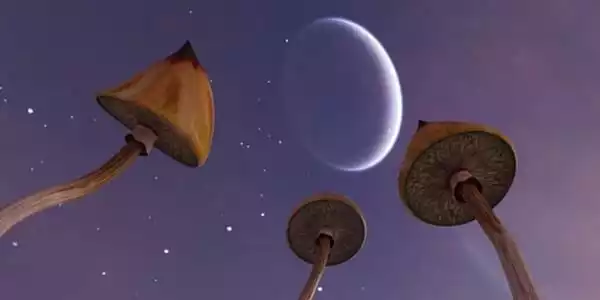
“Isn’t it much easier to take one seed and grow your food than it is to send a ton of food to space?” Stamets explained to SciAm. “In terms of payload, nature is incredibly efficient.” It’s far better for nature to produce a payload of food than for your rocket to transport a payload of food.”
While the idea of packing a psilocybin snack in astronauts’ utility belts remains speculative for the time being, Stamets is adamant that it would be worthwhile. “I say this with great sincerity: NASA and anyone else working on space settlement should consider that psilocybin mushrooms should be an essential part of your psychological tool kit for astronauts to be able to endure the solitude and challenges of space and isolation,” he told SciAm.
NASA is researching the use of various types of fungi to improve the fertility of Mars’ soil and to grow food on the red planet. Mycologist Paul Stamets is one of the researchers working on this. It also claims that the use of magic mushrooms can help astronauts “overcome post-traumatic stress disorder, loneliness, and depression.”
Stamet’s work, however, is not limited to feeding magic mushrooms to astronauts. NASA is funding his research so that they can look into all of the potential ways mushrooms can help with life in space. This includes building fungus shelters and terraforming extraterrestrial environments with the help of the mushroom’s ability to break down regolith into farmable soil, allowing it to more easily host life.
“It’s a lot easier to grow your food from a single seed than it is to send a ton of food to space, right?” According to Stamets. “In terms of payload, nature is incredibly efficient. It’s far better for nature to generate a payload of food than for your rocket to transport one.”
